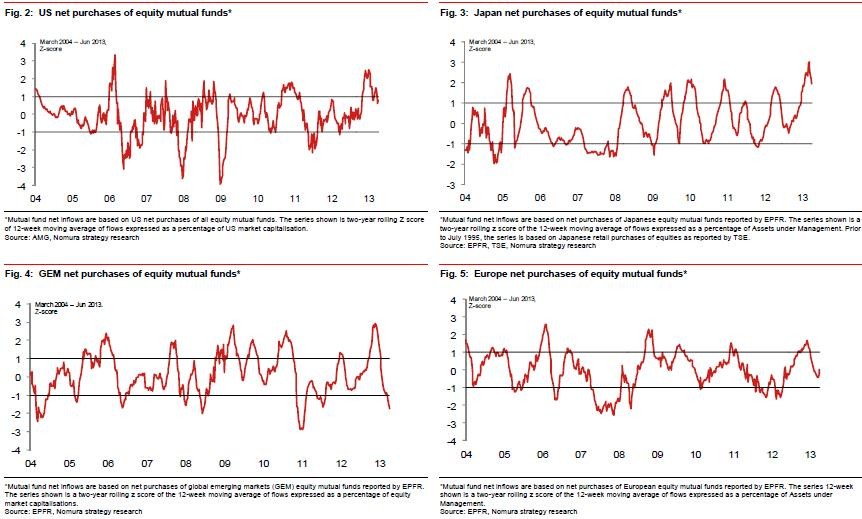Buying mutual funds load or noload
Post on: 29 Май, 2015 No Comment

No-load mutual funds are often touted as the only way to go. You may hear that loads reduce your investment principal, limit your flexibility and eat up your profits. But what exactly is a load?
As unattractive as it may sound, all a load is, really, is a sales commission paid to a broker or financial adviser who helps you make decisions and invest your money.
Loads are only part of the picture
The Mutual Fund Investor’s Center lists a total of 20,362 mutual funds, of which 6,049 have loads and another 3,870 have low loads. Altogether, that makes about 49 percent of the total number of funds. And the Investment Company Institute reports that more than $33 billion of net new cash was invested in load funds in 2006, and another $14 billion flowed in these funds in 2007. If loads are always a bad idea, why do they seem to be so popular?
Loads are just one part of the investing picture, and a savvy investor will consider all costs of an offering, including loads (which come in a variety of types, some of which might actually jibe with your strategies and goals), management fees and trading costs, as well as all potential returns, before making a decision. Click on Bankrate’s chart for a rundown of the different types of loads, and their pros and cons.
If you want to avoid loads, you have two choices: Do all your own investing or compensate your adviser in some other way.
The first is certainly an option, and it’s what many of the experts have in mind when they tell you to stick with no-loads. After all, do you really need a highly trained market analyst to tell you to buy an index fund? No, that’s why we have index funds — so casual investors can benefit from the market without specialized knowledge of individual stocks.
Asset allocation or bust
But what if your investment goals and strategies are more complex than that?
Asset allocation is the No. 1 factor in total return over time, says John Magadini, a financial adviser with M.L. Stern & Co. in San Francisco. Suppose you’re investing not in index funds, he explains, but in sector funds that focus on specific industries. Your technology sector funds go way up (or way down) and suddenly they’re representing a disproportionate part of your portfolio. A good adviser will stay on top of this kind of change and let you know when and how to make adjustments in your portfolio.
Bob Emmer, a financial planner in Mill Valley, Calif. believes that many people do need assistance with financial management — even some who don’t realize they do.
Cocktail party tips are only on the buy side, he points out. Nobody tells you when to get out. If you have an adviser managing your trades, he deserves to be paid. But should you pay a load when you’re buying directly? Of course not, says Emmer. The key question you need to ask yourself, he says: Is this person adding value?
advertisement
Loads are one way, though not the only one, to pay for investment assistance. Your broker or adviser selects and purchases an appropriate fund for you and gets a commission of several percent of your investment. Not an inherently bad thing; lots of people work on commission.














